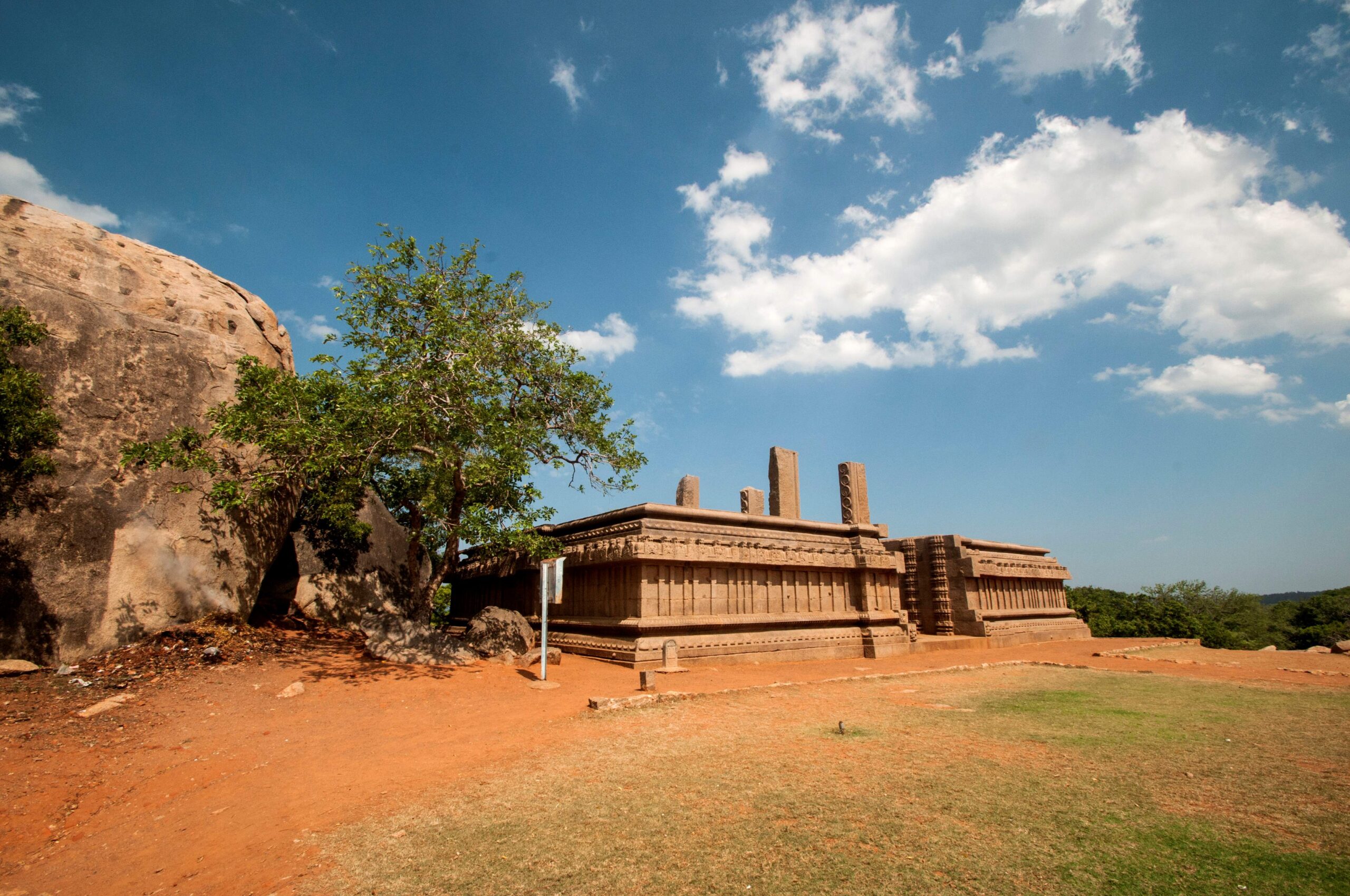At the Bunyoro-Kitara Kingdom (Unofficial Site), we are committed to preserving and sharing the rich tapestry of our heritage. Among the most captivating narratives is the rise and fall of the Chwezi Empire—a civilization shrouded in mystery, whose influence continues to resonate in the Great Lakes region of Africa.
The Chwezi, often depicted as semi-divine beings, are credited with establishing the ancient Kitara Empire. Their sudden disappearance has sparked numerous legends and scholarly debates, making their story an essential part of our cultural identity. Exploring their fall reveals not only the fragility of power but also how myth and memory can shape national consciousness across generations.
The Rise of the Chwezi Empire
The Chwezi dynasty emerged as a dominant force in East Africa, succeeding the Batembuzi and establishing the Kitara Empire. Their reign, though brief, was marked by significant advancements in governance, agriculture, and spiritual practices.
Under Chwezi rule, the empire expanded its territory, encompassing regions that now form parts of Uganda, Rwanda, Burundi, and the Democratic Republic of Congo. They introduced centralized administration, promoted cattle herding, and fostered the development of ironworking and other crafts.
Their rise marked a golden age in the Great Lakes region—an era remembered for innovation, unity, and spiritual vitality. This enduring influence continues to place the Chwezi at the heart of East Africa’s legendary past.
Factors Leading to the Collapse
The decline of the Chwezi Empire is attributed to a combination of internal and external factors:
- Internal Strife: Succession disputes and power struggles weakened the central authority, leading to fragmentation and loss of cohesion.
- Prophecies and Omens: Legends speak of ominous signs, such as the death of the sacred cow Bihogo, which was interpreted as a harbinger of the empire’s end.
- Invasions: The arrival of the Luo people from the north, under the leadership of Isingoma Rukidi Mpuuga, posed a significant threat. Their incursion is believed to have been a decisive factor in the empire’s downfall.
- Natural Calamities: Epidemics like smallpox and rinderpest decimated populations and livestock, undermining the economic and social structures.
These elements combined to erode the Chwezi’s dominance, leading to the eventual disintegration of their empire.
The Aftermath and Legacy
Although the Chwezi Empire collapsed, their cultural and political influence did not vanish with them. Instead, their memory evolved into legend, and their contributions continued to shape the identity of the Great Lakes region for centuries to come. The legacy of the Chwezi was carried forward by new kingdoms and preserved through oral tradition, sacred sites, and inherited customs. Their enduring impact is visible in several key areas:
- Cultural Influence: Their legends and myths remain central to the oral traditions of many communities, shaping local cosmologies and religious beliefs.
- Political Structures: The administrative systems introduced under Chwezi rule were adopted and adapted by successor kingdoms, particularly Bunyoro and Buganda.
- Archaeological Sites: Earthworks, shrines, and ceremonial enclosures associated with the Chwezi period continue to serve as historical landmarks and places of reverence.
These elements reflect not only the historical presence of the Chwezi but also the deep respect successive generations have maintained for their legacy. Even today, the Chwezi symbolize wisdom, spiritual authority, and early African statecraft. Their story remains a source of pride and identity, inviting us to reconnect with the values and achievements of those who came before us.
Reflecting on the Chwezi Heritage
The story of the Chwezi Empire’s rise and fall is more than a historical account; it’s a narrative that continues to shape the cultural consciousness of the Great Lakes region. At the Bunyoro-Kitara Kingdom (Unofficial Site), we invite you to delve deeper into this fascinating epoch, explore its mysteries, and join us in preserving the legacy of a civilization that, though vanished, remains ever-present in our collective memory.